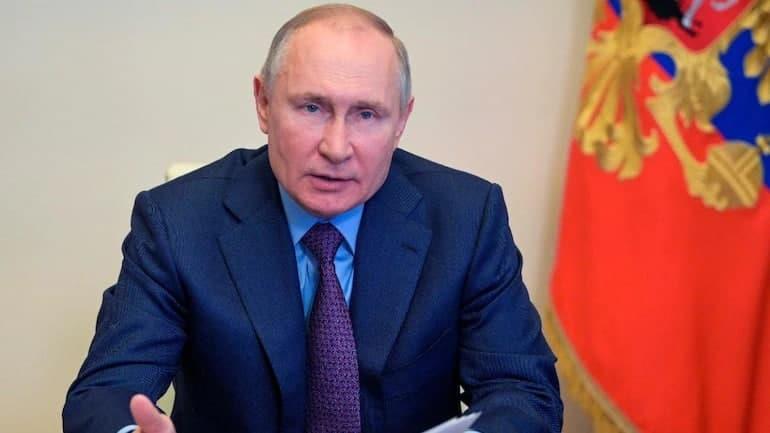MOSCOW, April 17 (Reuters) - Russia on Friday asked 10 U.S. diplomats to leave the country in retaliation for Washington's expulsion of the same number of Russian diplomats over alleged malign activity and suggested the U.S. ambassador return home for consultations.
The measures, part of a broader retaliatory package, were approved by President Vladimir Putin, as a response to an array of U.S. government sanctions imposed on Moscow a day earlier, including curbs to its sovereign debt market.
Though Moscow responded swiftly and with measures designed to hurt U.S. interests and shrink its diplomatic footprint, it left the door open for dialogue and did not kill off the idea, proposed by President Joe Biden, of a Putin-Biden summit.
"Now is the time for the United States to demonstrate good sense and to turn its back on a confrontational course," the Russian foreign ministry said in a statement.
"Otherwise an array of painful decisions for the American side will be implemented."
It said it had options to hurt the United States economically and to shrink its diplomatic corps in Russia to just 300 people, but was holding fire for now.
Russia-U.S. ties slumped to a new post-Cold War low last month after Biden said he thought Putin was a "killer" and Moscow recalled its ambassador to Washington for consultations. The envoy has still not returned almost a month later.
The Russian foreign ministry said John Sullivan, the U.S. ambassador to Russia, should return home for consultations too.
Washington said its own sanctions were payback for Russia interfering in last year's U.S. election, cyber hacking, bullying Ukraine and other alleged malign actions.
Russia denies all the U.S. allegations.
The Russian response on Friday was "escalatory and regrettable," a State Department representative said by email.
"It is not in our interest to get into an escalatory cycle, but we reserve the right to respond to any Russian retaliation against the United States."
Moscow's response was mostly tit-for-tat.
It expelled 10 U.S. diplomats and banned eight high-ranking current and former U.S. officials from entering Russia for their contribution to what it called Washington's "anti-Russian course".
Those banned included FBI Director Christopher Wray, Director of National Intelligence Avril Haines, U.S. Attorney General Merrick Garland, and Secretary of Homeland Security Alejandro Mayorkas.
Others to face an entry ban were Director of the Federal Bureau of Prisons Michael Carvajal, Director of the Domestic Policy Council Susan Rice, John Bolton, the former U.S. National Security Advisor, and ex-CIA head Robert James Woolsey.
The Russian foreign ministry said it would also end the activity in Russia of U.S. funds and NGOs which it believes interfere in the country's internal affairs, while Sergei Lavrov, the foreign minister, spoke of potential "painful" measures aimed at U.S. business in Russia.


